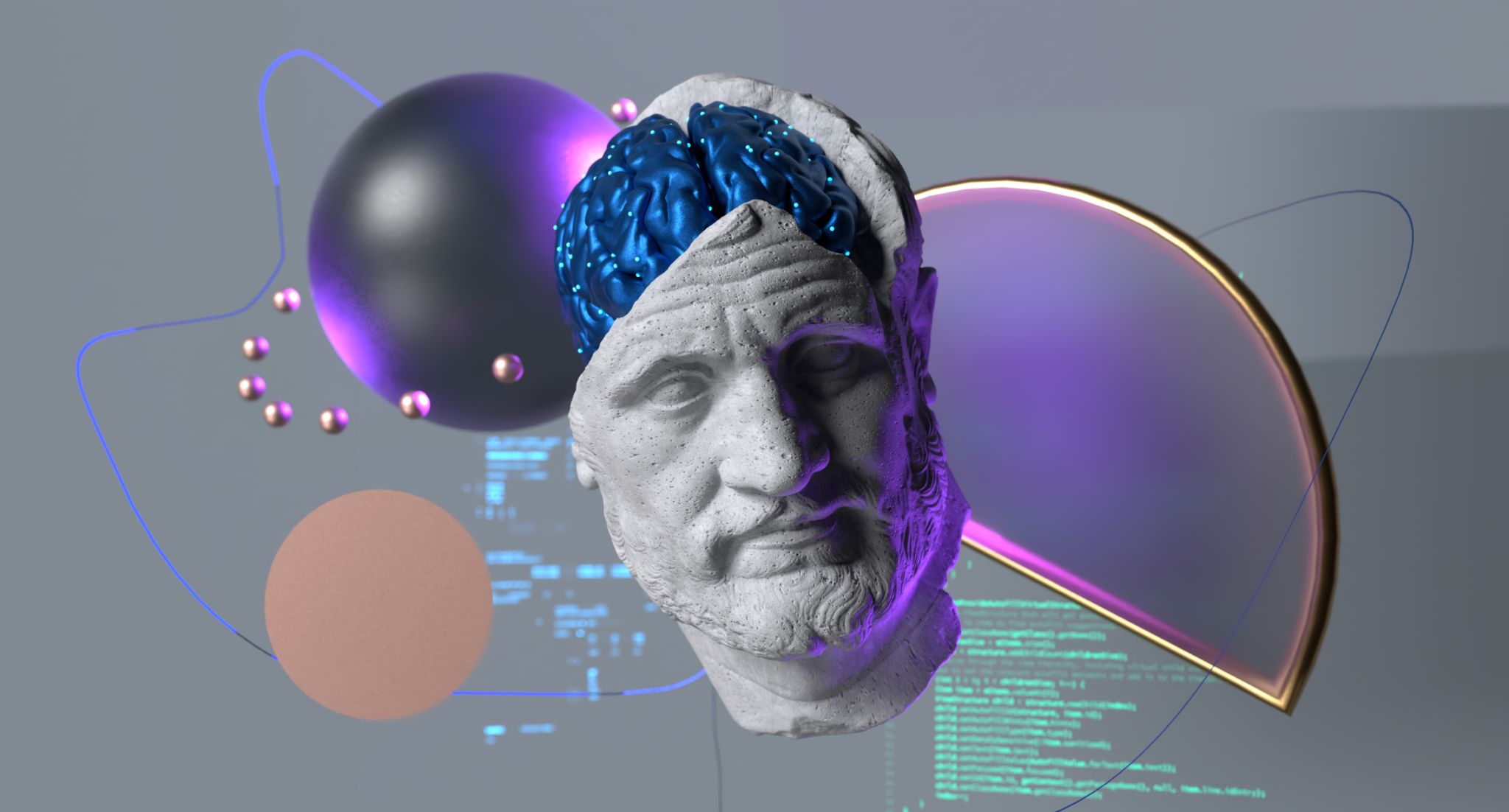The Future of Hospitality: Automating Customer Service with Intelligent Virtual Assistants
Revolutionizing Customer Service in Hospitality
In today's fast-paced world, the hospitality industry is embracing technological advancements to enhance customer experiences. One of the most promising innovations is the use of intelligent virtual assistants (IVAs) to automate customer service. These digital solutions are transforming how hotels, restaurants, and other hospitality businesses interact with their guests, offering a blend of efficiency and personalization that was previously unattainable.
The integration of IVAs into hospitality services aims to address the growing demand for quick and efficient responses while maintaining a high level of personalization. By leveraging artificial intelligence, these virtual assistants can handle a wide range of customer inquiries, from booking reservations to providing local recommendations, all while learning and improving with each interaction.

Enhancing Guest Experiences with Personalization
Personalization is key in the hospitality industry, and intelligent virtual assistants excel in this area. By analyzing data gathered from previous interactions, IVAs can offer tailored recommendations for dining, activities, and accommodations. This level of customization not only enhances the guest experience but also increases customer loyalty and satisfaction.
Moreover, IVAs can be programmed to recognize returning guests, allowing businesses to offer personalized greetings and recall past preferences. This creates a seamless experience that makes guests feel valued and understood, which is crucial in building long-term relationships.

Streamlining Operations with Automation
The automation capabilities of intelligent virtual assistants significantly streamline operations within the hospitality sector. By handling repetitive tasks such as answering common questions or processing bookings, IVAs free up human staff to focus on more complex and high-touch interactions. This not only improves efficiency but also enhances the quality of service provided to guests.
Additionally, IVAs operate 24/7, ensuring that customer inquiries are addressed promptly regardless of time zones or business hours. This round-the-clock availability is particularly advantageous for international travelers who may require assistance outside of traditional service hours.

Challenges and Considerations
While the benefits of using intelligent virtual assistants in hospitality are significant, there are challenges that businesses must consider. Ensuring data privacy and security is paramount, as these systems handle sensitive customer information. Businesses must implement robust security measures to protect against breaches and maintain trust with their guests.
Furthermore, striking the right balance between automation and human interaction is crucial. While IVAs can handle many tasks effectively, there are situations where human empathy and understanding are irreplaceable. Therefore, businesses should ensure that virtual assistants complement rather than replace human staff.
The Road Ahead: Future Prospects
The future of hospitality lies in the seamless integration of intelligent virtual assistants with human-centric services. As technology advances, IVAs will become even more adept at understanding natural language, emotions, and complex requests, further enhancing their utility in customer service.
Looking ahead, we can expect a continued evolution of these systems, with potential applications extending beyond traditional hospitality settings to include event planning, travel management, and more. The possibilities are vast, promising a future where customer service is both highly efficient and deeply personal.

